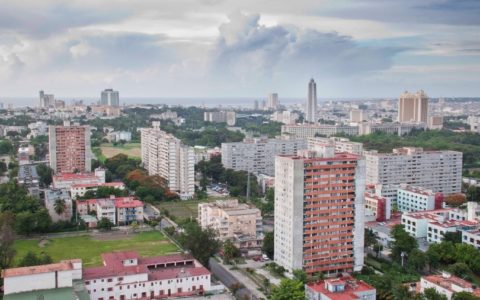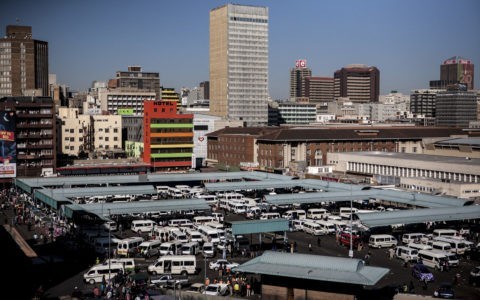Prof. Dr. Christian Schmid | Sociology
Planetary Urbanization
More than four decades ago, Henri Lefebvre proposed the radical hypothesis of the complete urbanization of society, demanding a shift in analysis from urban form to urbanization process. Today, the urban represents an increasing and worldwide condition in which political-economic relations are enmeshed. This situation of planetary urbanization means, paradoxically, that even spaces that lie well beyond the traditional city cores and suburban peripheries — from transoceanic shipping lanes, transcontinental highway and railway networks and worldwide communications infrastructures to alpine and coastal tourist enclaves, «nature» parks, offshore financial centres, agro-industrial catchment zones and former «natural» spaces such as the world’s oceans, deserts, jungles, mountain ranges, tundra, and atmosphere — have become integral parts of the worldwide urban fabric. While the process of agglomeration remains essential to the production of this new worldwide topography, political-economic spaces can no longer be treated as if they were composed of discrete, distinct and universal «types» of settlement.
In short, in an epoch in which the idea of the «non-urban» appears increasingly to be an ideological projection derived from a long dissolved, preindustrial geo-historical formation, our image of the «urban» likewise needs to be fundamentally reinvented. Therefore, this collaborative, theoretical project with Neil Brenner, Professor of Urban Theory at the Harvard GSD, aims to develop a new analytical framework to analyze contemporary urbanization processes.
Some of the key publications to result from this theoretical investigation are The Urban Age in Question (2014), Towards a New Epistemology of the Urban (2015), and Journeys through Planetary Urbanization (2018).



